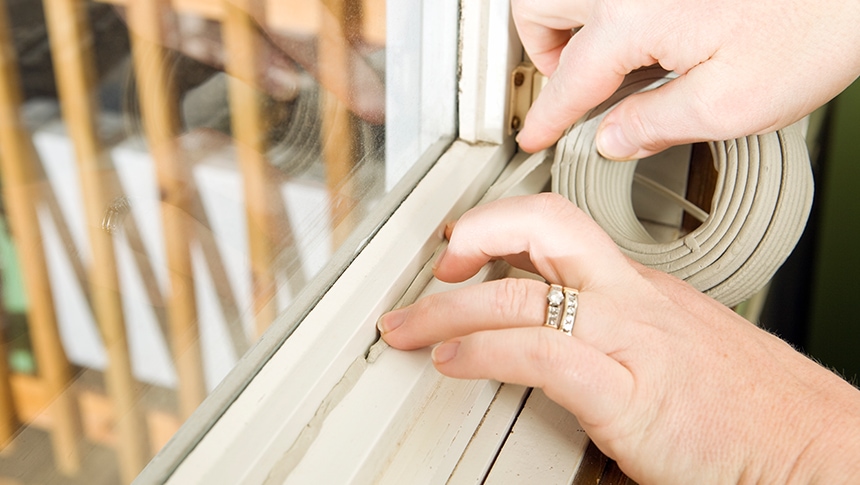Hot tips for summer energy savings
Seasonal Updated: May 11, 2023Cool down this summer with these energy saving tips

Cool down this summer with these energy saving tips

Many of us experience added energy costs in the summer when trying to keep our homes cool. Whether we’re turning on the air conditioner, doing extra loads of laundry or using our electronics more with the kids home, it all adds up. We’ve put together a list of simple steps anyone can take to stay comfortable and reduce summer utility bills.
See below for our list of energy-saving tips that will work for the whole state, plus some specific to your region of Oregon.



